Home>Articles>What Gauge Extension Cord Do I Need For A Refrigerator
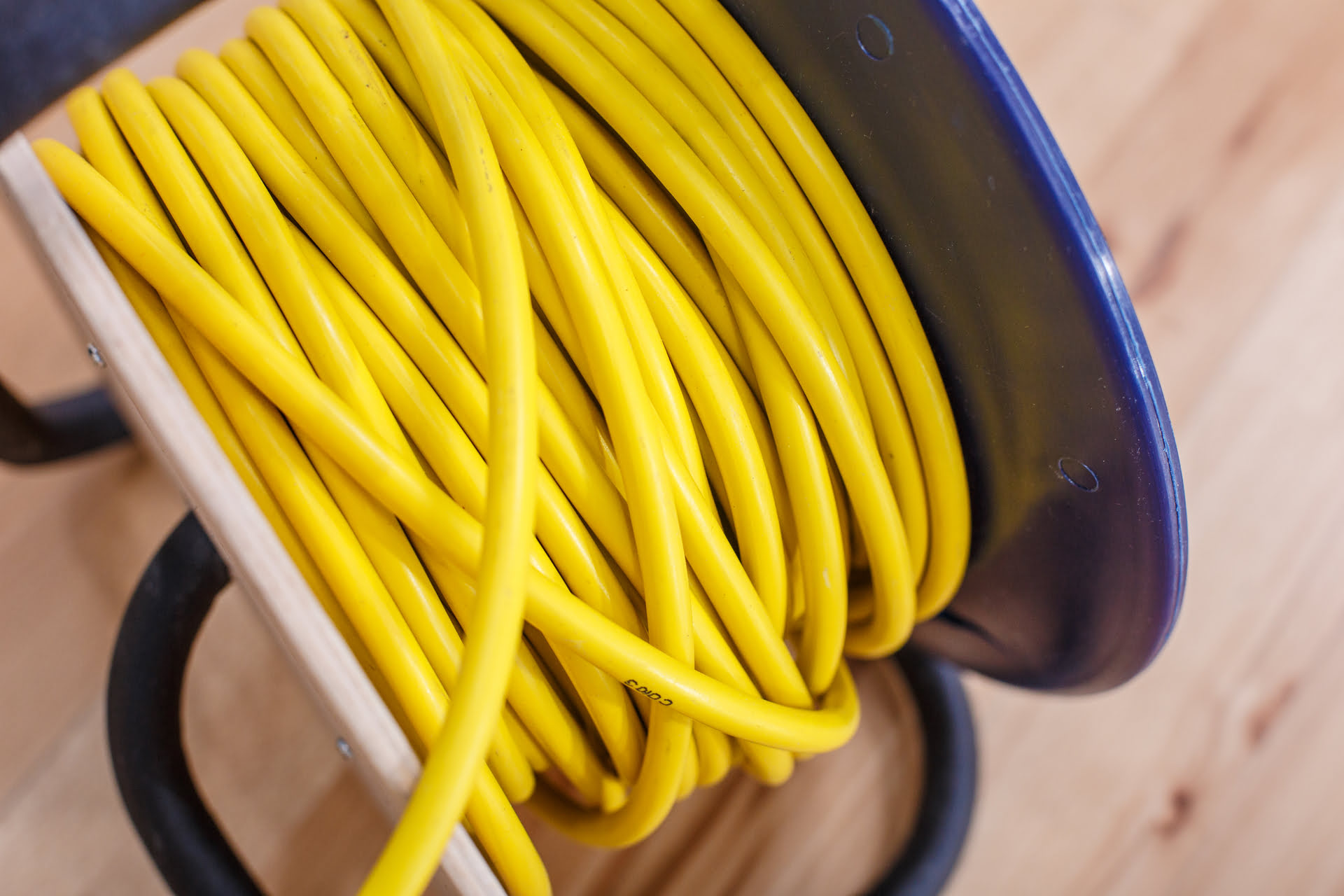

Articles
What Gauge Extension Cord Do I Need For A Refrigerator
Modified: December 7, 2023
Looking for articles on what gauge extension cord is needed for a refrigerator? Find all the information you need to ensure the safe and efficient operation of your appliance.
(Many of the links in this article redirect to a specific reviewed product. Your purchase of these products through affiliate links helps to generate commission for Storables.com, at no extra cost. Learn more)
Introduction
Extension cords are a common solution for providing power to appliances and devices in locations where the existing power outlets are out of reach. When it comes to powering a refrigerator with an extension cord, it is important to choose the right gauge to ensure safe and efficient operation. In this article, we will explore the different extension cord gauges and guide you in selecting the appropriate one for your refrigerator.
Having a properly functioning refrigerator is crucial for keeping your food fresh and preventing spoilage. Sometimes, the location of the power outlet may not be ideal for your refrigerator, requiring the use of an extension cord. However, not all extension cords are created equal, and using the wrong gauge can result in voltage drop, overheating, and potential damage to your appliance.
Before we dive into the specifics of extension cord gauges, let’s briefly understand the concept. The gauge refers to the thickness of the wire inside the cord. The lower the gauge number, the thicker the wire, and the higher the current carrying capacity. A higher gauge number indicates a thinner wire and a lower current capacity.
Determining the right gauge for your refrigerator will depend on the power requirements of your specific appliance. In the next section, we will explore how to determine the power needs of your refrigerator and match them to the appropriate extension cord gauge.
Key Takeaways:
- Choose an extension cord gauge equal to or higher than your refrigerator’s amperage to prevent overheating and voltage drop, ensuring safe and efficient power delivery.
- Consider factors like cord length, quality, outdoor suitability, and overload protection when selecting an extension cord for your refrigerator. Prioritize safety and reliability.
Read more: What Size Extension Cord Do I Need
Understanding Extension Cord Gauges
Extension cords come in different gauges, ranging from 18 to 10. Each gauge has its own current-carrying capacity and is suitable for different power needs. Understanding the gauges will help you make an informed decision when selecting an extension cord for your refrigerator.
Let’s take a closer look at the common extension cord gauges:
- 18 Gauge: This is the thinnest gauge commonly available, best suited for light-duty use and low-power devices. It has a current capacity of about 5-7 Amps, making it inadequate for powering a refrigerator.
- 16 Gauge: Slightly thicker than 18 gauge, this gauge is suitable for devices with a moderate power draw. It has a current capacity of around 10-13 Amps, making it a better choice than 18 gauge but still not sufficient for most refrigerators.
- 14 Gauge: This gauge is a popular choice for general household appliances and devices. It has a current capacity of about 15-20 Amps, making it suitable for smaller refrigerators and compact models with lower power requirements.
- 12 Gauge: With a higher current capacity of around 20-25 Amps, the 12 gauge is suitable for larger refrigerators and models with higher power demands. It provides a reliable power supply without significant voltage drop.
- 10 Gauge: This gauge offers the highest current capacity, usually around 30 Amps or higher. It is suitable for heavy-duty appliances and commercial refrigerators that require a substantial power supply.
It is important to note that using an extension cord with a gauge lower than recommended can cause the wire to heat up due to the higher current flow. This can lead to power loss and potential damage to your refrigerator. It is always better to choose a slightly higher gauge to ensure safe and efficient operation.
Now that we understand the different extension cord gauges, let’s move on to determining the power requirements of your refrigerator in the next section.
Determining the Power Requirements of Your Refrigerator
In order to choose the correct extension cord gauge for your refrigerator, it is important to determine its power requirements. The power requirements are typically mentioned in the appliance’s user manual or on a label located on the back or side of the refrigerator.
The two key specifications to look for are the wattage and the amperage of the refrigerator. The wattage represents the total power consumption of the appliance, while the amperage indicates the current drawn by the refrigerator.
Most refrigerators have a power consumption range of 100 to 800 watts, depending on the size, model, and energy efficiency rating. The amperage can vary between 1.5 to 8 amps.
To calculate the amperage, divide the refrigerator’s wattage by the voltage of your electrical system. In the United States, the standard voltage is 120 volts. For example, if your refrigerator has a power consumption of 200 watts, the amperage would be:
Amperage = Wattage / Voltage
Amperage = 200 watts / 120 volts = 1.67 amps
Keep in mind that the amperage rating may fluctuate when the refrigerator cycles on and off. It is recommended to consider the highest amperage value to ensure reliable power supply.
Now that you have determined the power requirements of your refrigerator, you can move on to matching the extension cord gauge to your refrigerator’s power needs. We will explore this in the next section.
For a refrigerator, it is recommended to use a 14-gauge extension cord if the distance from the outlet to the appliance is 25 feet or less. If the distance is more than 25 feet, a 12-gauge extension cord should be used to ensure proper power supply.
Matching the Extension Cord Gauge to Your Refrigerator’s Power Needs
Now that you know the power requirements of your refrigerator, it’s time to match the extension cord gauge to ensure safe and efficient power delivery. The goal is to select an extension cord with a gauge that can handle the refrigerator’s current draw without excessive voltage drop or overheating.
As a general rule, it is recommended to choose an extension cord with a gauge equal to or lower than the amperage of your refrigerator. This ensures that the cord can safely carry the required current without overheating or causing voltage drop.
For example, if your refrigerator has an amperage rating of 4 amps, an extension cord with a 14 gauge (15-20 amps) would be sufficient. However, using a 12 gauge (20-25 amps) would provide an extra margin of safety and reduce the risk of power loss due to voltage drop.
It’s important to note that the length of the extension cord also affects its performance. The longer the cord, the greater the voltage drop will be. To minimize voltage drop, choose an extension cord that is as short as possible while still allowing the refrigerator to be connected to a power source.
When selecting the extension cord, look for one labeled as “3-wire” or “3-prong” to ensure it is grounded properly. Grounding is important for electrical safety and helps protect against electrical shocks or short circuits.
Lastly, remember to always inspect the extension cord for any signs of damage or wear before use. Make sure the cord is in good condition and does not have any exposed wires or frayed insulation.
By matching the extension cord gauge to your refrigerator’s power needs and following these guidelines, you can ensure a safe and reliable power supply without compromising the performance of your appliance.
Factors to Consider When Choosing an Extension Cord for Your Refrigerator
Choosing the right extension cord for your refrigerator involves more than just matching the gauge to the power requirements. There are several other factors to consider to ensure a safe and efficient power supply. Let’s explore these factors:
- Length: The length of the extension cord is an important consideration. As mentioned earlier, longer cords can result in higher voltage drop. Choose an extension cord that allows your refrigerator to connect to a power source without excessive length.
- Quality: Invest in a high-quality extension cord that is designed for heavy-duty use. Look for cords that are UL-listed or certified by a reputable safety organization. These cords are built to withstand the demands of continuous use and are less likely to overheat or fail.
- Outdoor Use: If you need to use the extension cord outdoors or in a damp environment, make sure to choose one that is specifically rated for outdoor use. These cords have extra insulation and protection against moisture, ensuring safe operation in outdoor conditions.
- Plug and Outlet Type: Ensure that the extension cord has the correct plug type that can fit into your refrigerator’s power cord and the outlet you will be using. Additionally, check that the outlet you plan to use is properly grounded to maximize safety.
- Overload Protection: Consider using an extension cord that has built-in overload protection, such as a circuit breaker. This can help prevent overheating and potential damage to your refrigerator in case of a power surge or overload.
- Storage and Maintenance: Properly store and maintain your extension cord to prolong its lifespan and ensure its reliability. Keep it coiled or neatly bundled when not in use, and regularly inspect it for any signs of wear or damage.
Remember, extension cords are not intended to be a permanent solution. They should be used as a temporary measure when a power outlet is not easily accessible. If possible, consider rearranging or adding electrical outlets closer to your refrigerator to eliminate the need for an extension cord.
By considering these factors and choosing the right extension cord, you can ensure a safe and reliable power supply for your refrigerator, minimizing the risk of electrical issues and potential damage to your appliance.
Read more: What Electrical Cord Do I Need For My RV
Conclusion
Choosing the correct extension cord gauge for your refrigerator is essential to ensure safe and efficient operation. By understanding extension cord gauges, determining the power requirements of your refrigerator, and considering the factors involved in selecting the right extension cord, you can confidently provide your refrigerator with the power it needs without compromising its performance or risking electrical hazards.
Always remember to choose an extension cord with a gauge that matches or exceeds the amperage of your refrigerator. Opting for a slightly higher gauge provides an extra margin of safety and reduces the risk of power loss due to voltage drop. Additionally, consider the length, quality, outdoor suitability, and overload protection of the extension cord, as well as the plug and outlet type.
Lastly, remember that extension cords are meant for temporary use, and it is always better to have permanent electrical outlets installed closer to your appliances. Proper maintenance and storage of your extension cord will help prolong its lifespan and ensure its reliability.
By following these guidelines and making informed decisions, you can provide your refrigerator with a reliable and efficient power supply, ensuring the freshness and preservation of your food for years to come.
Frequently Asked Questions about What Gauge Extension Cord Do I Need For A Refrigerator
Was this page helpful?
At Storables.com, we guarantee accurate and reliable information. Our content, validated by Expert Board Contributors, is crafted following stringent Editorial Policies. We're committed to providing you with well-researched, expert-backed insights for all your informational needs.
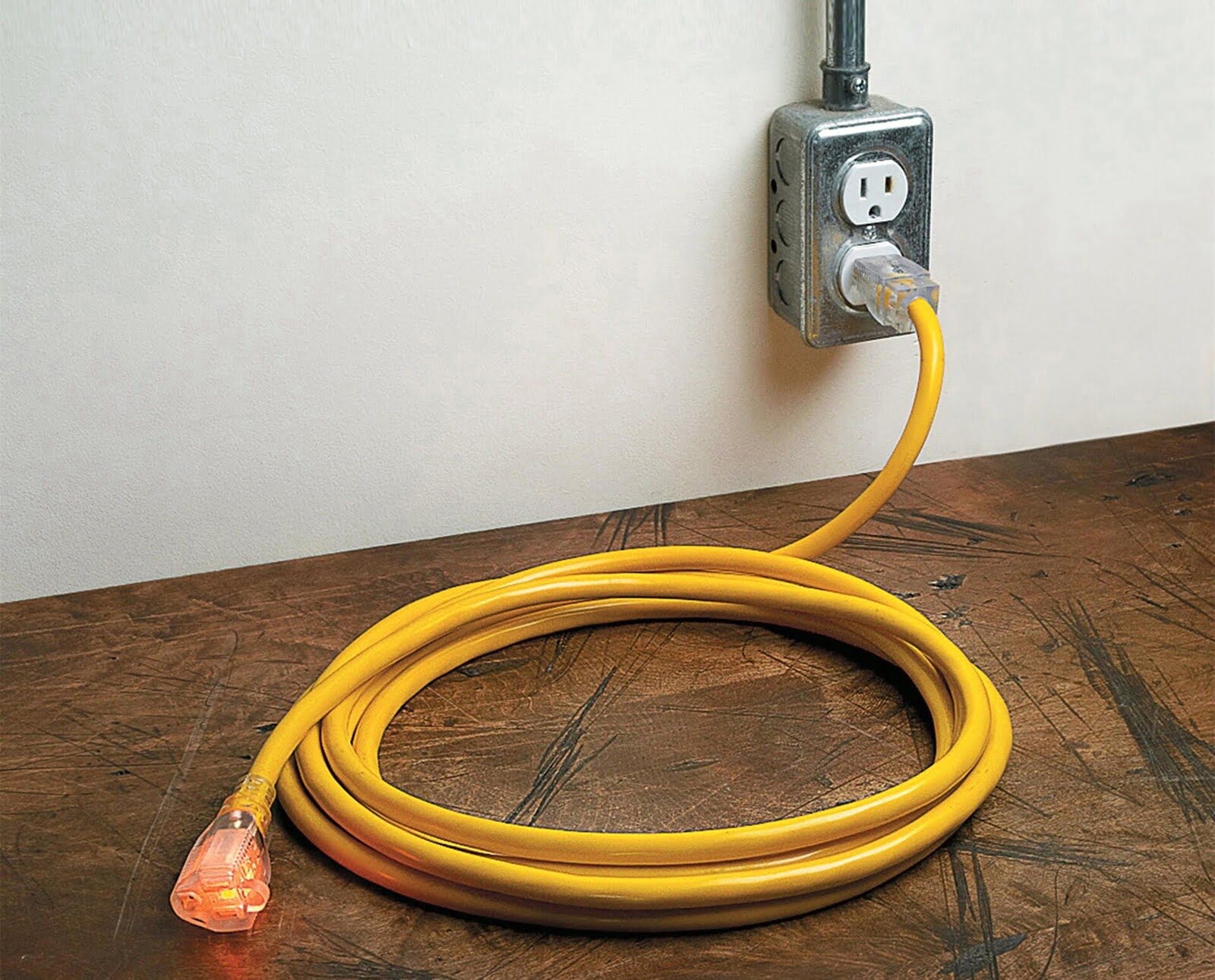
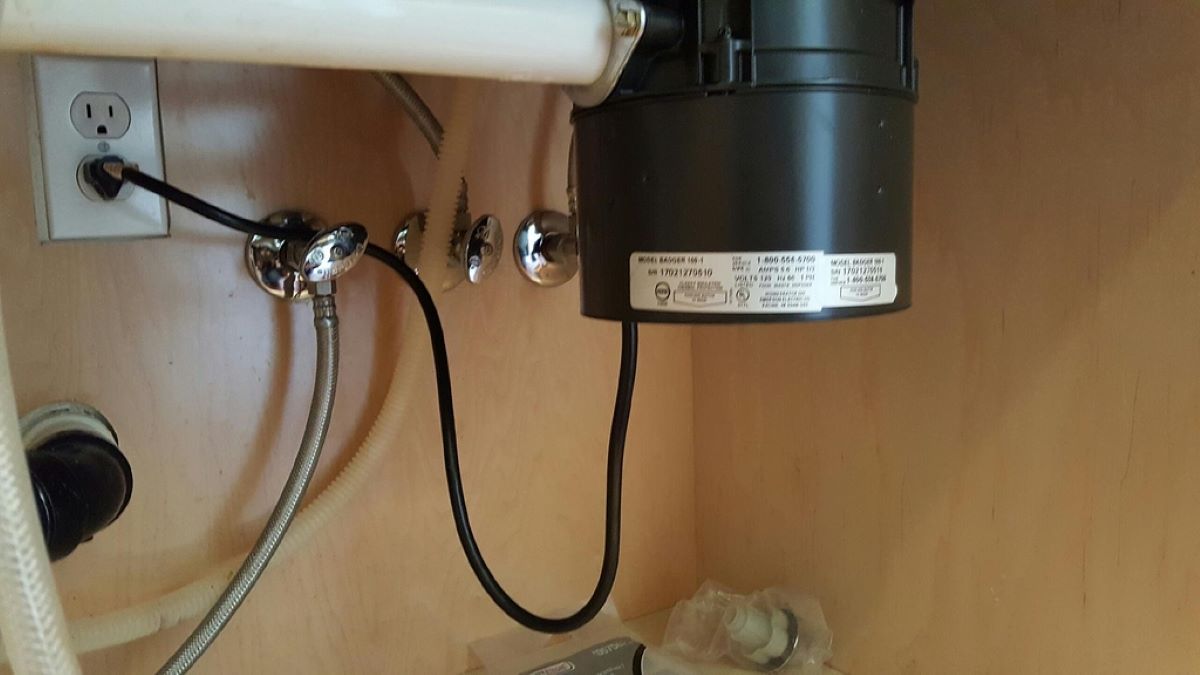
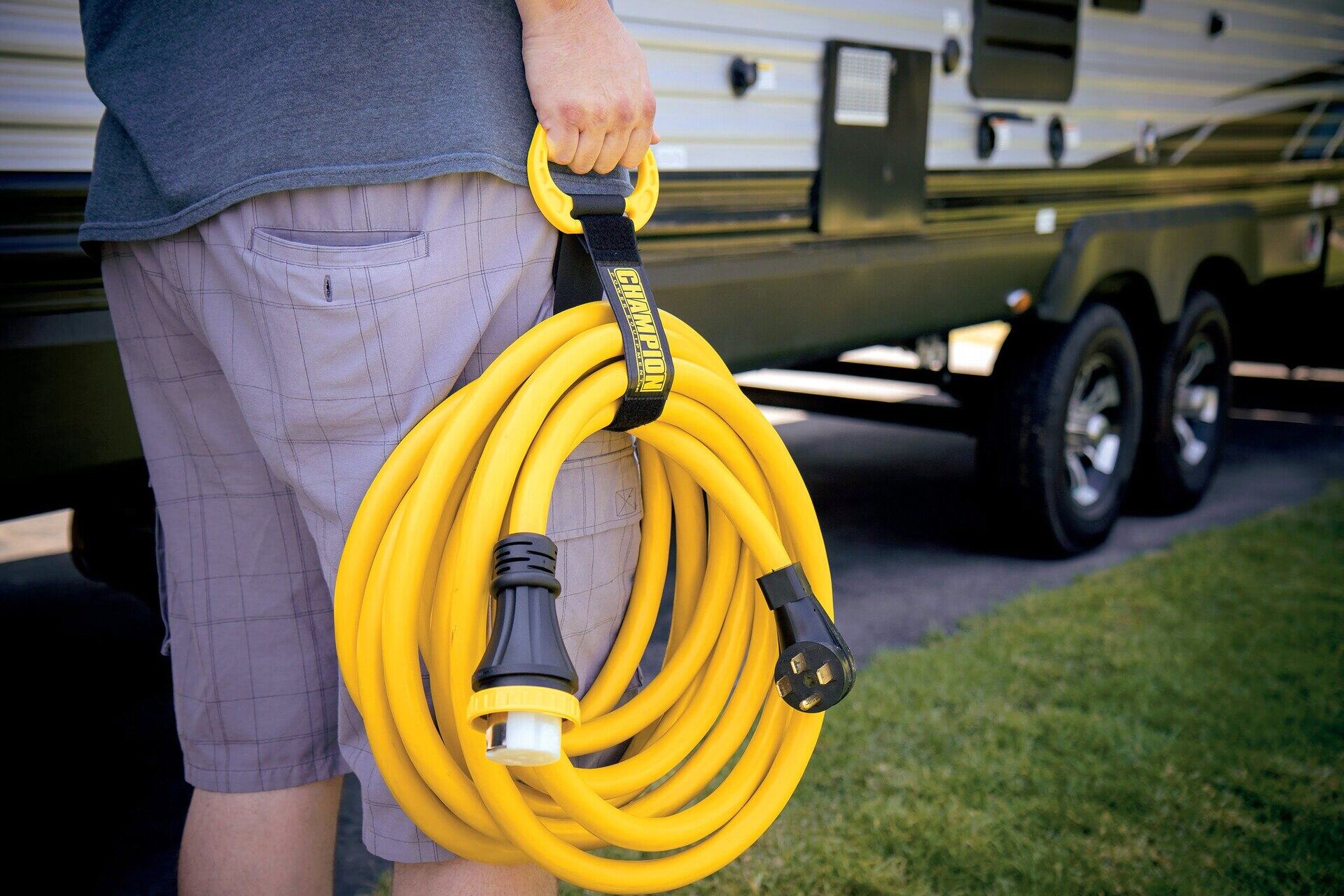

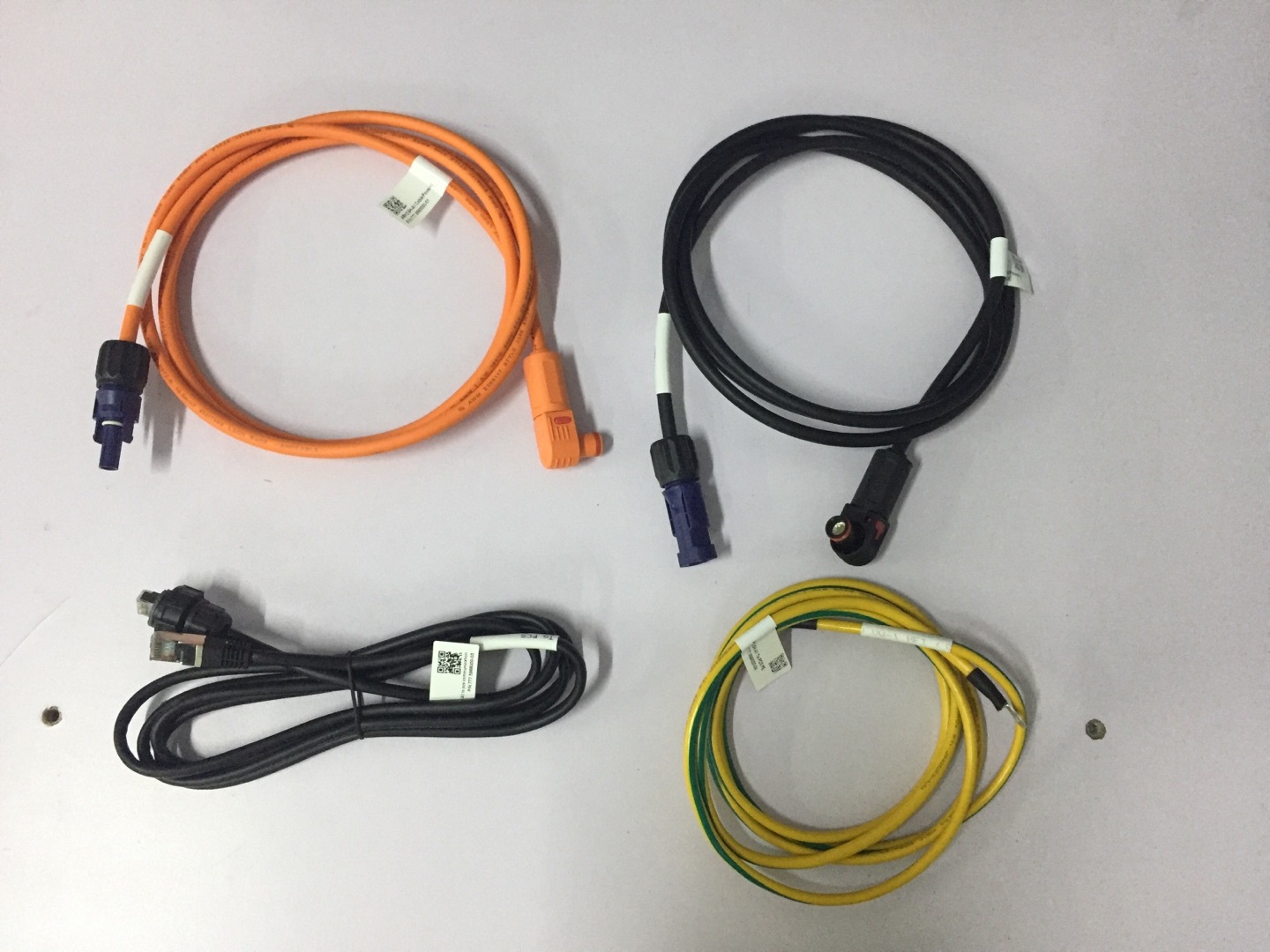
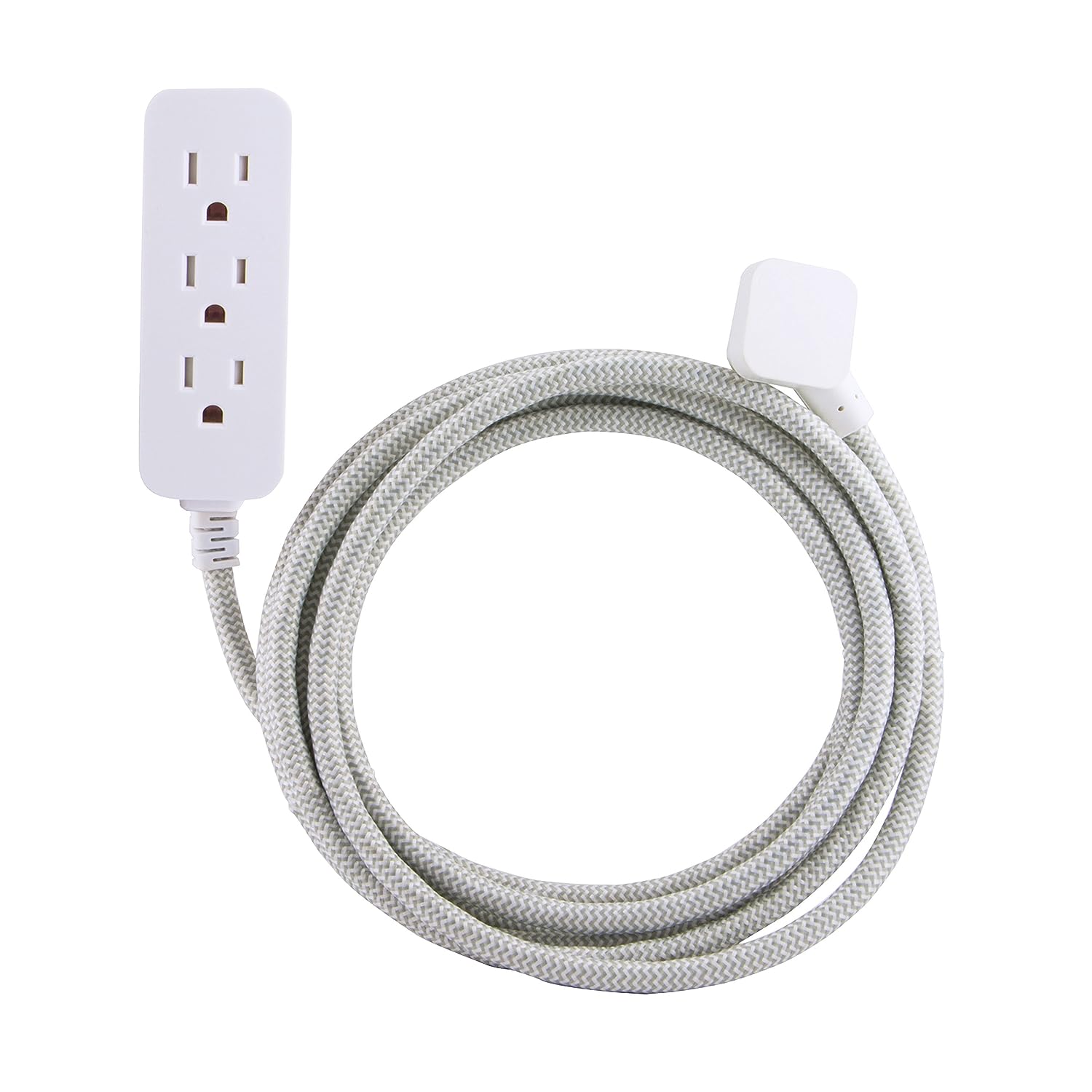
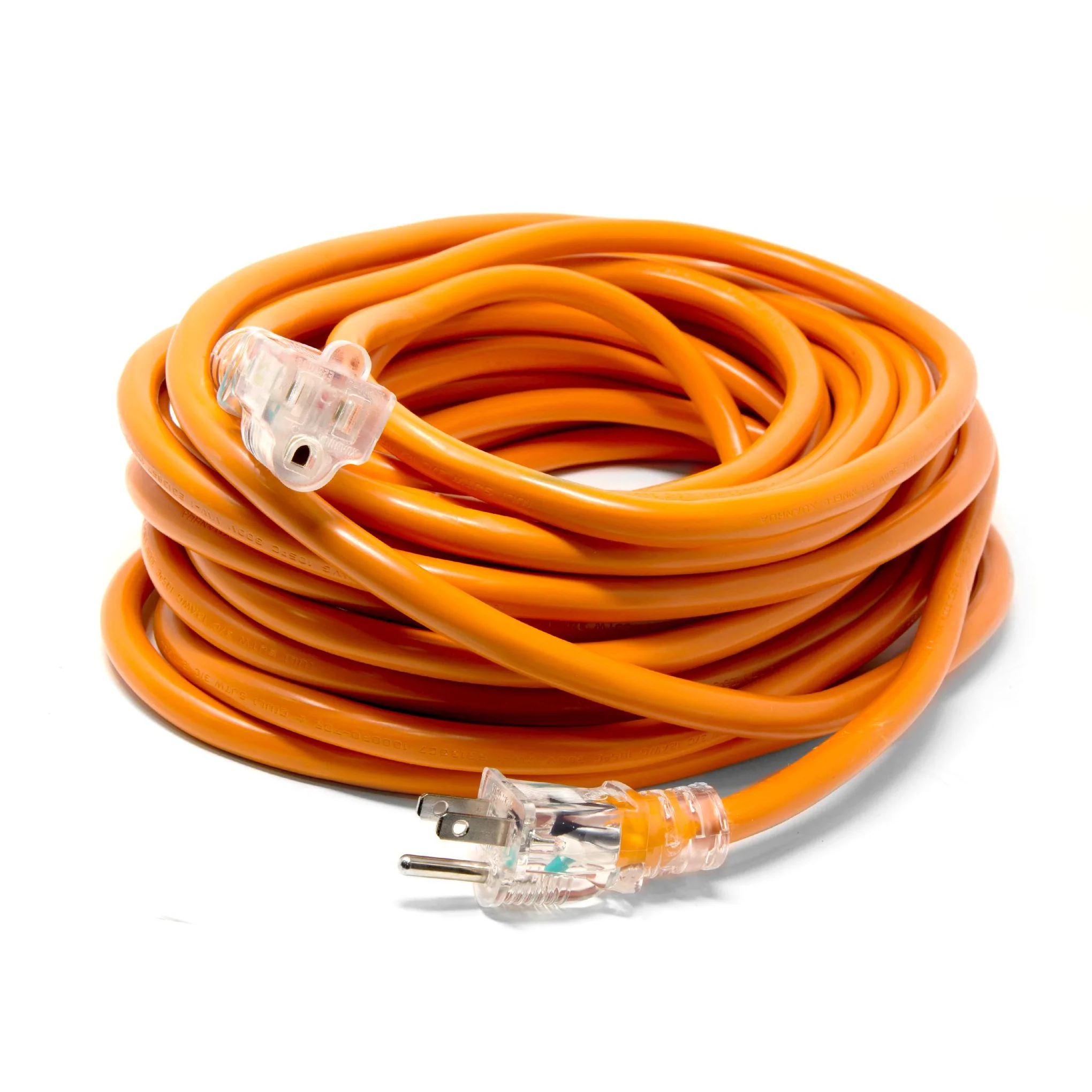
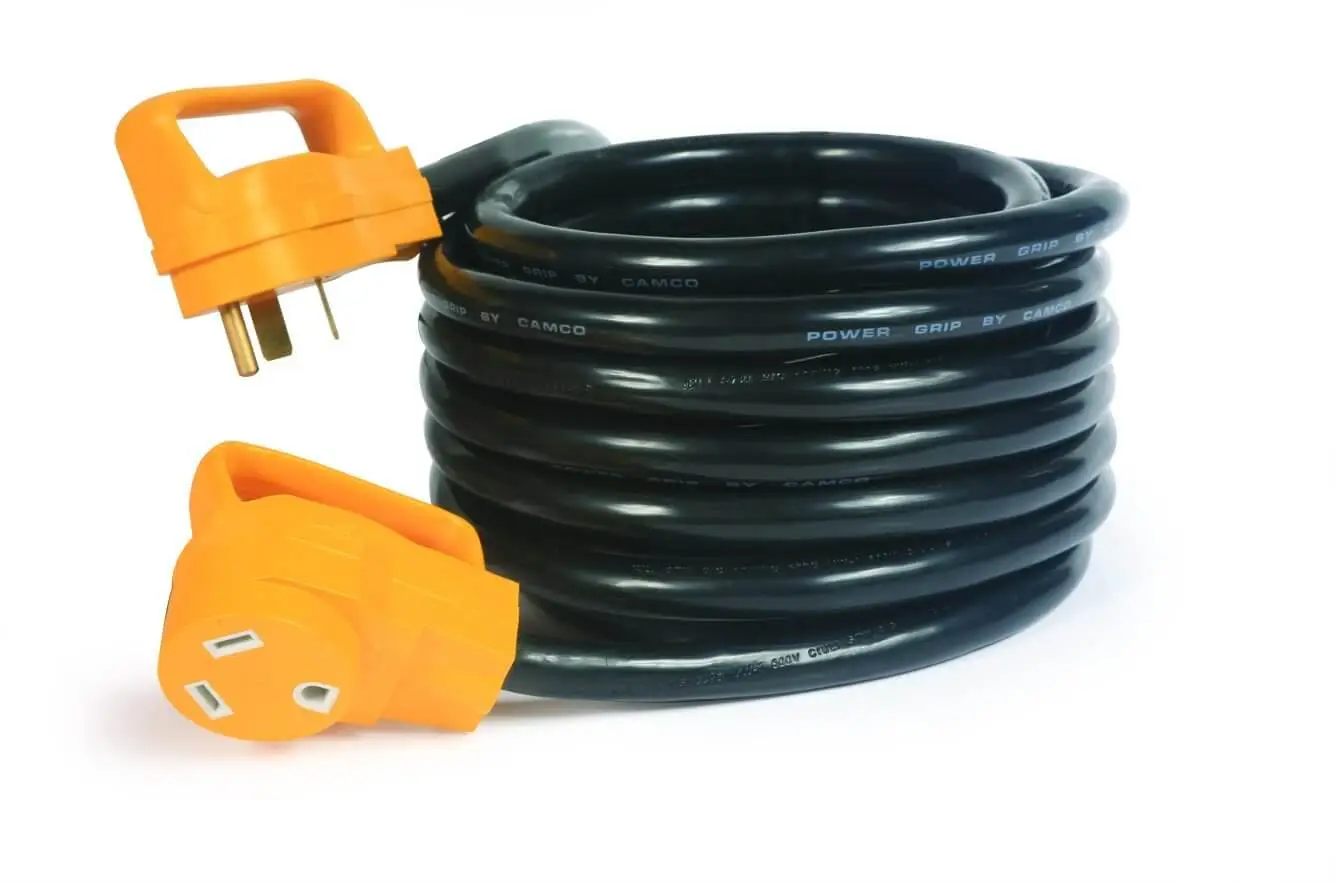

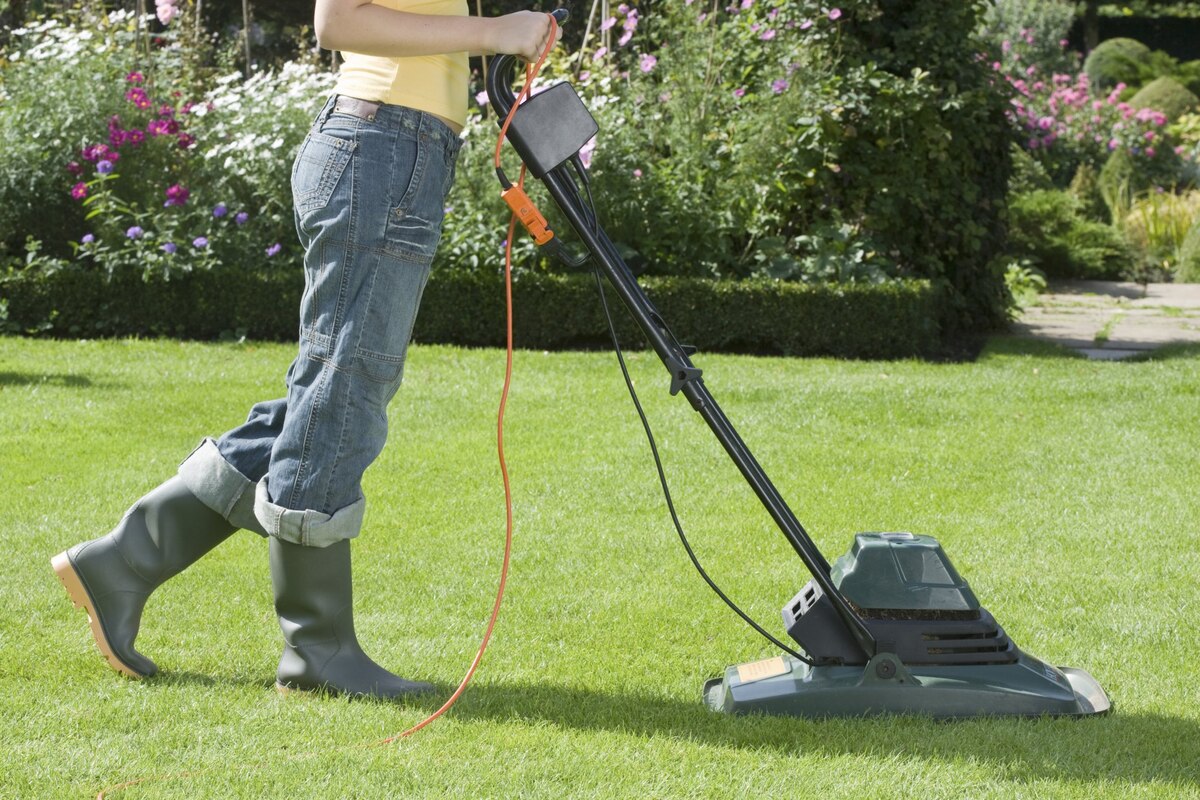
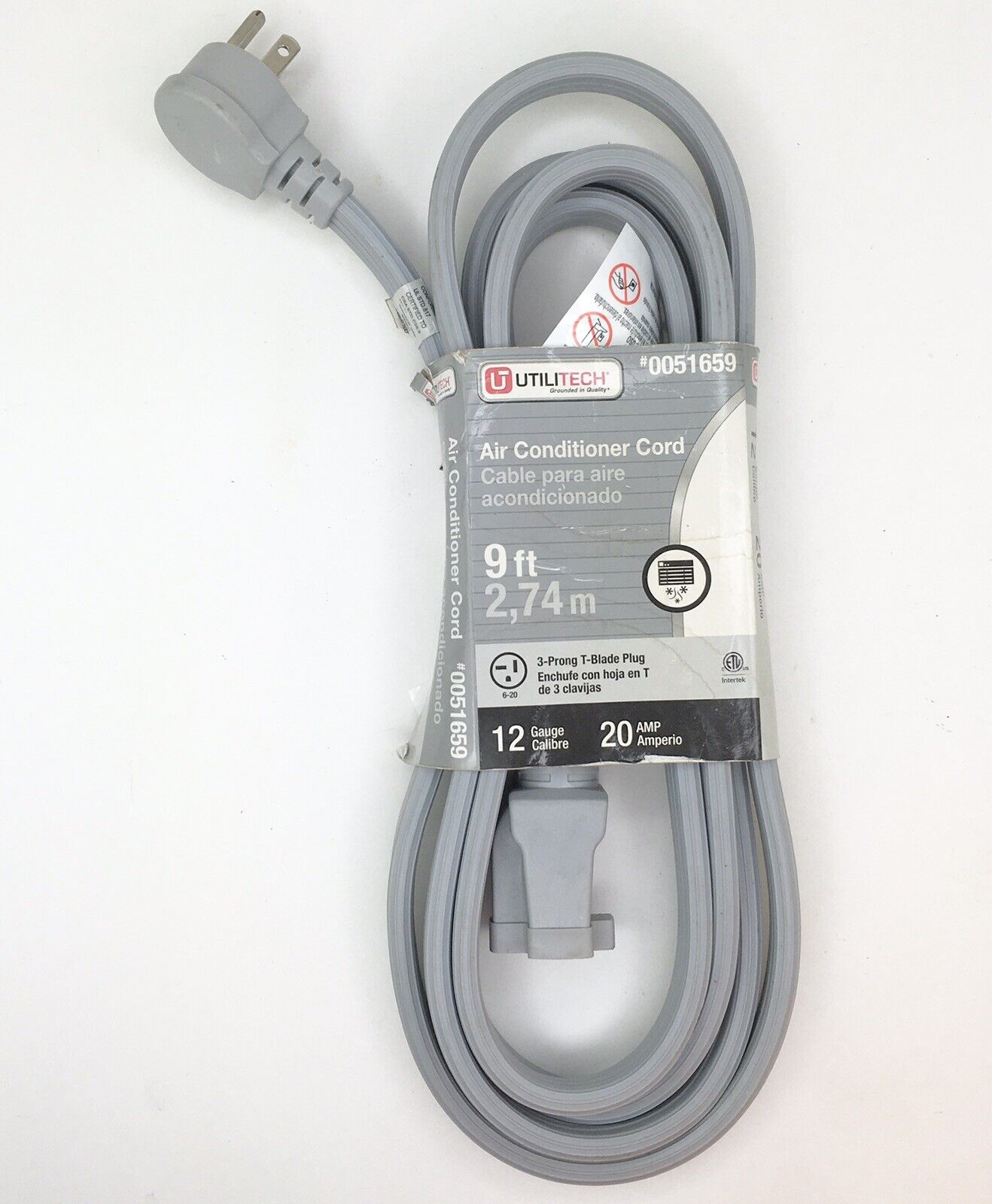
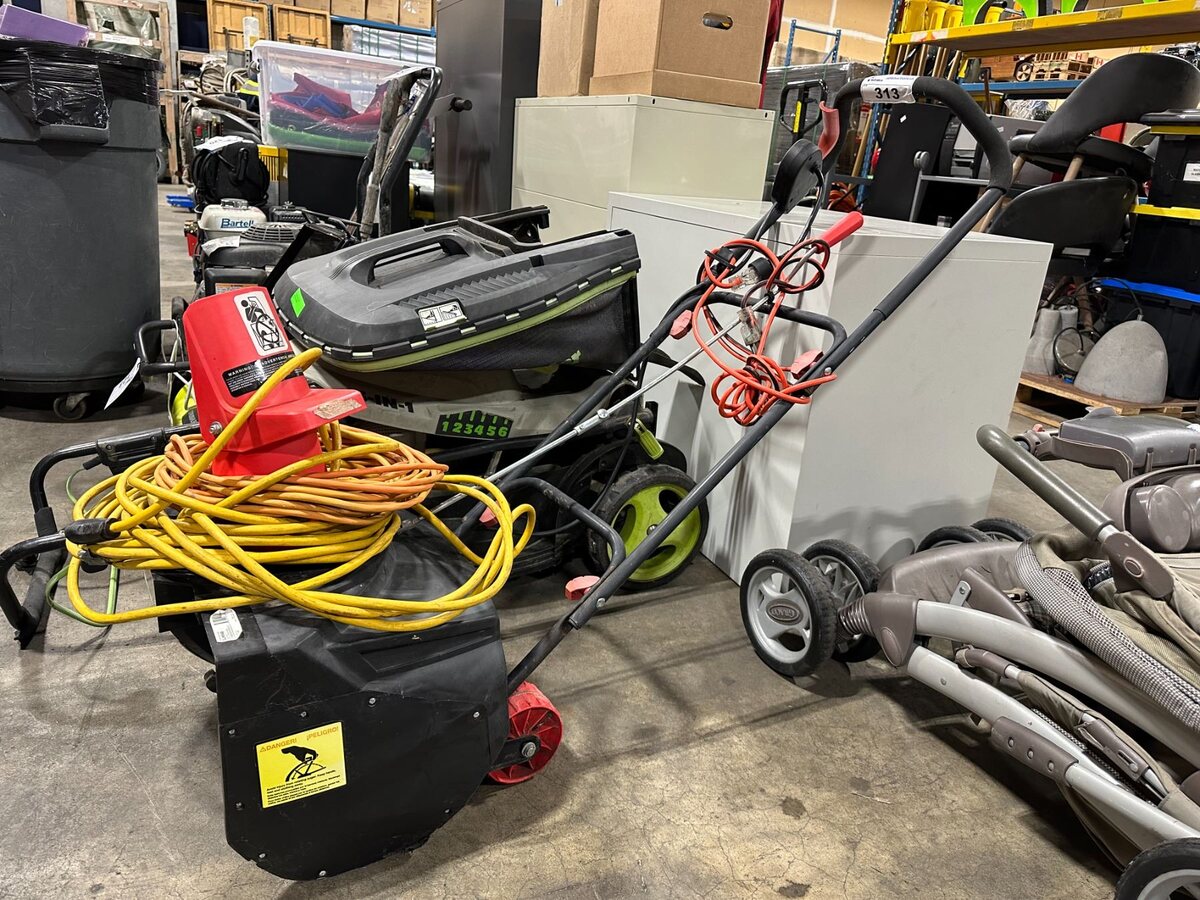
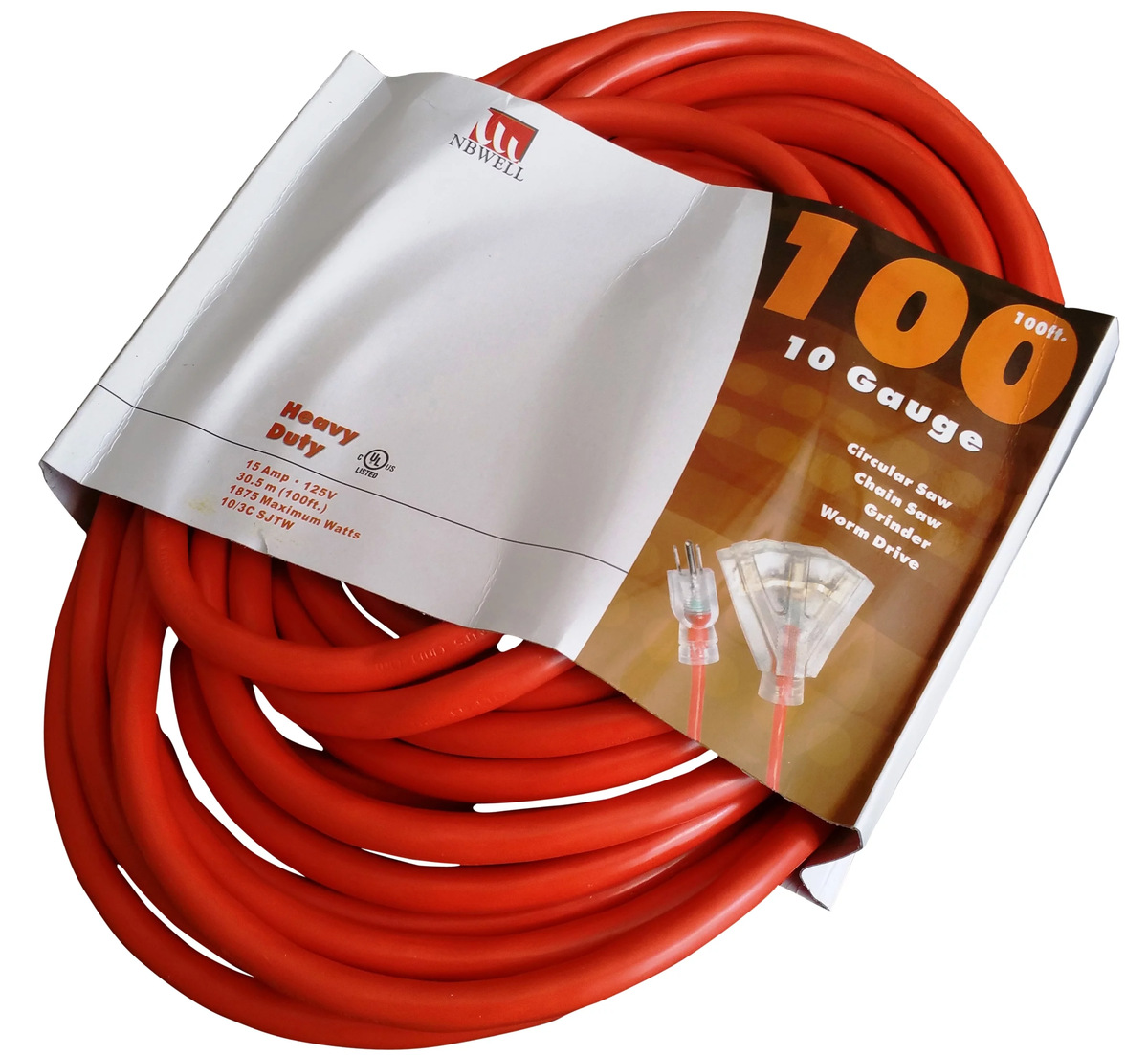
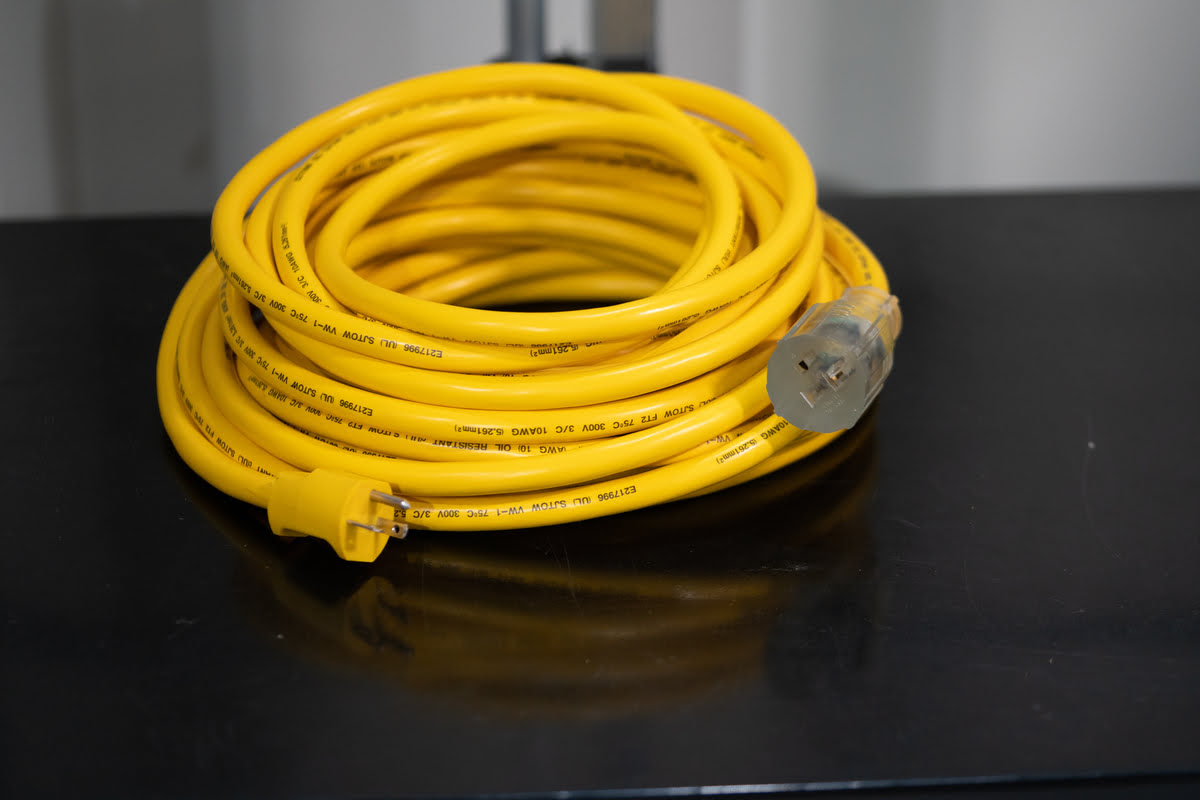

0 thoughts on “What Gauge Extension Cord Do I Need For A Refrigerator”